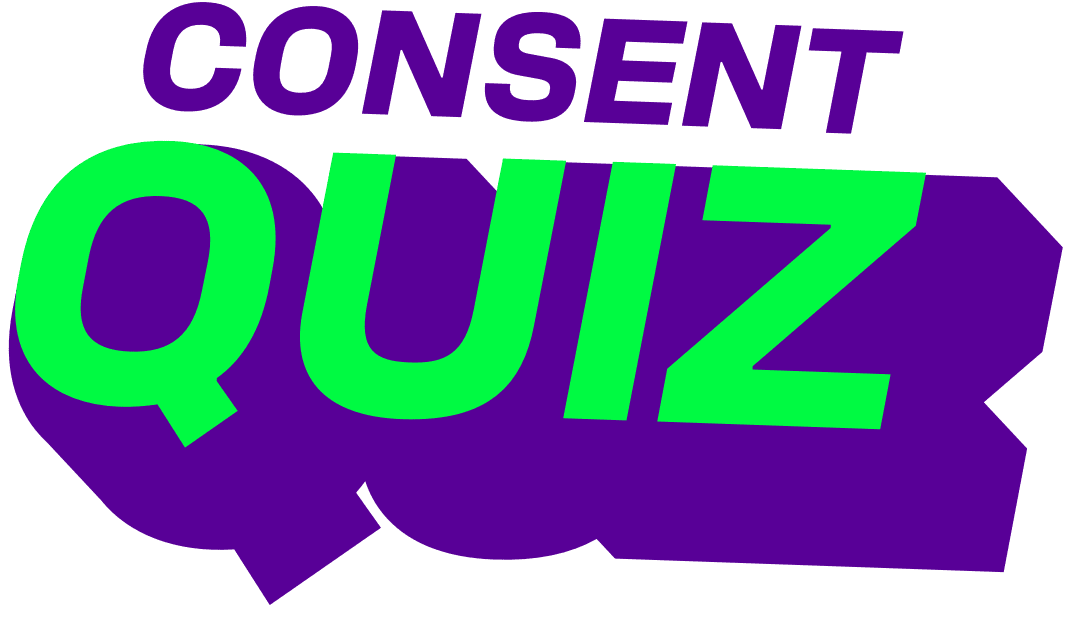Support
If you’ve been affected by any of the content on this website or have ever experienced any form of sexual violence, support is available to you.
Our list of useful contacts includes organisations that specialise in helping young people.
Do I need to report it?
No, you don’t need to report anything to police if you don’t want to, but there is support available if you choose to (see our list of useful contacts).
However, if you or anyone else is in current danger, you should call the police on 999.
I need support
Sometimes, simply talking to someone about things you may have experienced can help to ease feelings of worry around them. Take a moment now to think about a person you trust.
Who comes to mind? Perhaps it’s a friend, a family member or one of your caregivers. Or, if that feels ‘too close,’ how about a support worker, teacher, or other member of staff?
If you think you might find it too difficult to say the words aloud, you could always try writing them down for your trusted person to read instead.
Supporting someone else
What if something happened to someone I know? It can be upsetting if you think or know that one of your friends, peers or loved ones has experienced sexual violence.
If someone is showing signs of distress, it’s ok to ask – “are you safe?” or “do you want to talk about it?” If they do, you can always ask if they’d like support to speak to a trusted adult.
One of the biggest fears victim-survivors of sexual violence have is that they won’t be believed, or even worse, that they’ll be blamed for what happened. One way you can help to challenge this victim-blaming culture is by becoming an active bystander.

What would you do?
Find out if you know when it's time to pause, play, stop.
Want to learn more about getting consent online and in real life?
#IGetConsent because it's important to respect each other's bodies and boundaries.
Jack, 17
Get involved
Share why you think it's important to get consent on your socials using:
